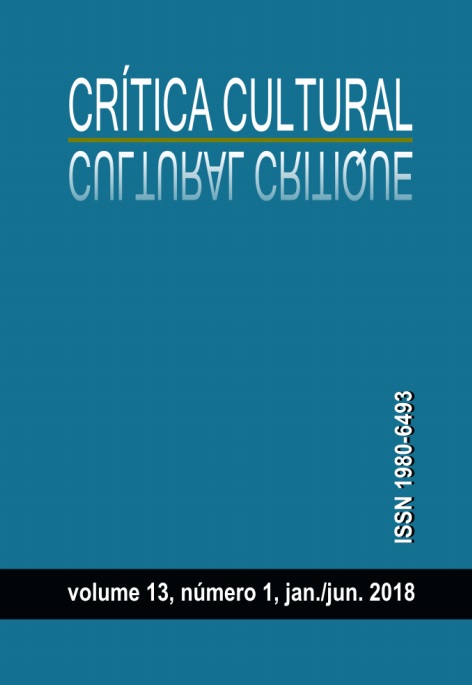Theorem and the science of strangeness
DOI:
https://doi.org/10.19177/rcc.v13e1201871-83Keywords:
Foreign, Lifestyle, Bourgeoisie, HabitAbstract
Pier Paolo Pasolini believed that cinema was such a revolutionary art that it could illuminate the dark historical moments, unite ethics and aesthetics in the creation of a new kind of science that could free man from his tragic oppressions and, demolish the buildings of oppressive systems. In Theorem, in the residence of the aristocratic elite of Milan, Italy, the writer inserts his Horse of Troy: the foreigner. But before generating death and destruction, Pasolini is interested in the demolition of habits and memories, in the intention to trace new paths, other compositions, forcing the perception to the total loss of “efficiency”, disallowing clichés, throwing their characters into a universe of a brutal novelty. As a critic of modernity, in Theorem, book and film released in 1968, Pasolini sees no more novelty in the vanguards and points to destruction as a path.Downloads
Published
2018-06-29
Issue
Section
Dossiê: “1968. Uma anamnese” - Organização: Artur de Vargas Giorgi (UNISUL)
License

Revista Crítica Cultural de http://www.portaldeperiodicos.unisul.br/index.php/Critica_Cultural/index está licenciado com uma Licença Creative Commons - Atribuição 4.0 Internacional.


